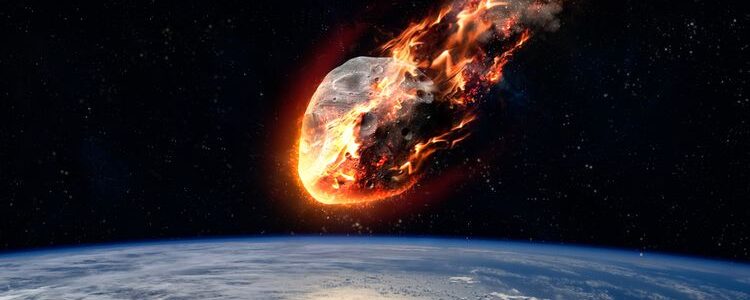Meteor: Celestial Fireworks and Earthly Encounters – In the vast expanse of the cosmos, where celestial phenomena paint the canvas of the night sky, meteors emerge as captivating streaks of light that capture our attention and imagination. These transient visitors from the cosmos have left a mark on both the skies above and the history of our planet. This article delves into the captivating world of meteors, unveiling their nature, origins, and the intriguing stories they hold.
What is a Meteor?
A meteor, often referred to as a “shooting star,” is a luminous streak of light that appears when a meteoroid, a small fragment of a comet or asteroid, enters Earth’s atmosphere and vaporizes due to the intense heat generated by the friction with air molecules. The bright and fleeting display occurs as the meteoroid travels through the atmosphere at high speeds, creating a visible trail of light. judi slot
Has a Meteor Ever Hit Earth?
Yes, meteors have indeed struck Earth throughout its history. These cosmic visitors vary in size, from small grains of dust to larger fragments. When a larger meteoroid survives its journey through the atmosphere and reaches the surface, it is then referred to as a meteorite. https://premium303.pro/

Notable instances of meteor impacts include the Tunguska event in 1908, where a massive explosion occurred over Siberia, and the Chicxulub impact, believed to have caused the mass extinction event that wiped out the dinosaurs.
Is Meteor an Asteroid?
While both meteors and asteroids are celestial objects, they are not the same. An asteroid is a rocky and metallic object that orbits the Sun and can vary in size from small pebbles to massive bodies several hundred kilometers in diameter.
A meteor, on the other hand, refers to the visible streak of light produced when a meteoroid enters Earth’s atmosphere and vaporizes. A meteoroid is a smaller fragment of an asteroid or comet that travels through space.
How Many Meteors Have Hit Earth?
The exact number of meteors that have impacted Earth is difficult to determine with precision. Countless small meteoroids enter Earth’s atmosphere daily, creating brief and often unnoticed streaks of light.
Larger meteors that survive the journey and become meteorites are rarer occurrences, with a significant portion falling into oceans and uninhabited regions. The study of impact craters on Earth’s surface provides evidence of historic meteor impacts.
Conclusion: Cosmic Visitors and Earthly Insights
Meteors, with their ephemeral brilliance and celestial origins, remind us of the dynamic and interconnected nature of the universe. From the quiet spectacle of a meteor shower to the dramatic impact events that have shaped our planet’s history, these cosmic travelers offer glimpses into the broader cosmic narrative. As we gaze upon the night sky and witness these fleeting sparks, we are reminded of the vastness of space and the intricate dance between Earth and the cosmos.

